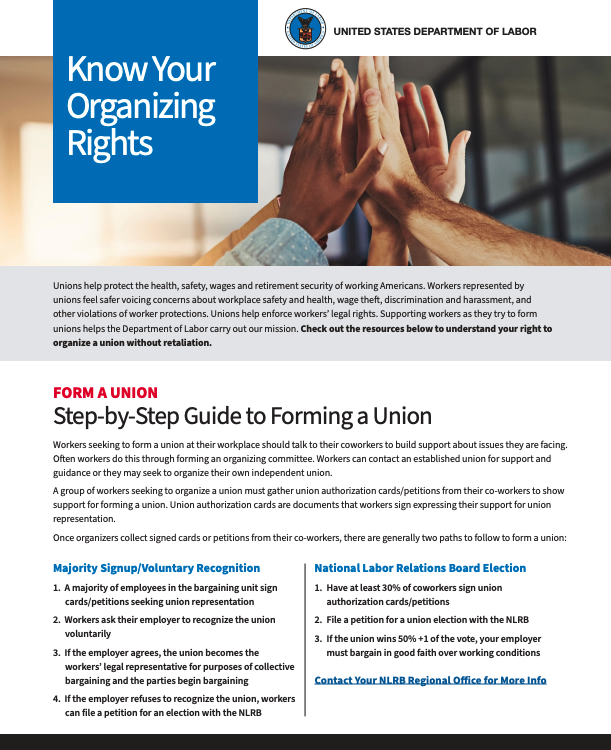

Often workers do this through forming an organizing committee. Workers can contact an established union for support and guidance, or they may seek to organize their own independent union.

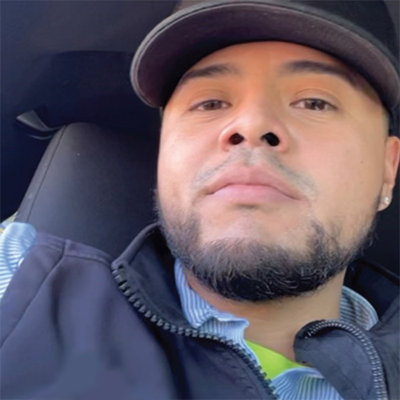
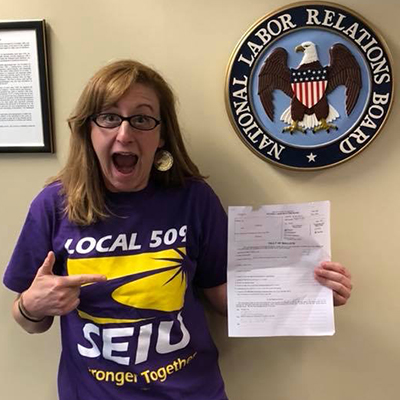


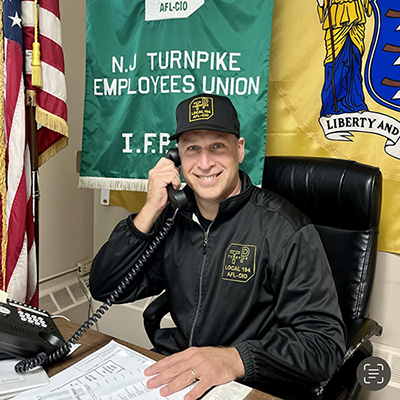
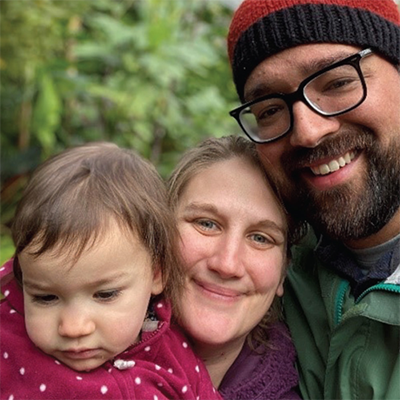








of non-union workers want to join a union
Only 10% of workers are represented by a union
Sources: Hertel-Fernandez et al., What Forms of Representation Do American Workers Want? (ILR Review 2022); BLS Union Members 2023















of non-union workers want to join a union
Only 11.3% of workers are represented by a union
Sources: Hertel-Fernandez et al., What Forms of Representation Do American Workers Want? (ILR Review 2022); BLS Union Members 2022
Sources: Hertel-Fernandez et al., What Forms of Representation Do American Workers Want? (ILR Review 2022); BLS Union Members 2022
The Worker Organizing Resource and Knowledge (WORK) Center is a one-stop shop for information and resources on unions and collective bargaining for workers, employers, unions, government agencies, students and anyone interested in unions and collective bargaining.